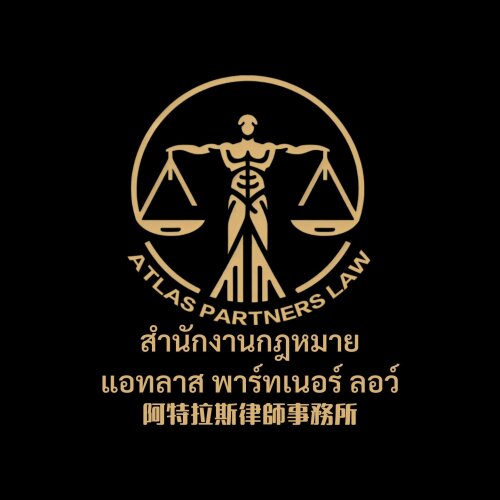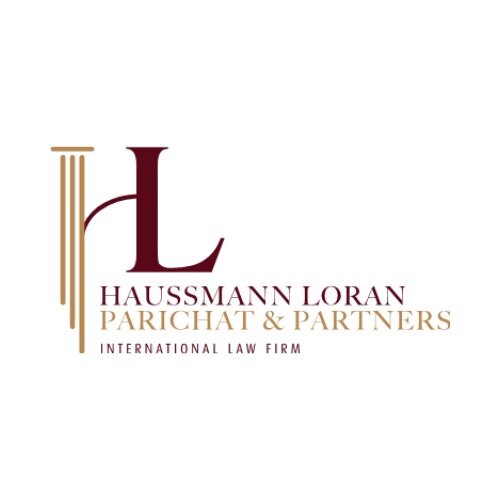About Lawsuits & Disputes Law in Chiang Mai, Thailand
Chiang Mai, a vibrant cultural and economic hub in Northern Thailand, has its own unique landscape when it comes to legal matters related to lawsuits and disputes. The city, like the rest of Thailand, operates under a civil law system influenced heavily by the French and German legal systems. This means that the law is primarily based on written statutes rather than case law. Typically, lawsuits and disputes can range from civil matters, such as contract disputes, to criminal cases. Legal proceedings might be daunting for those unfamiliar with the jurisdiction, emphasizing the importance of understanding local legal frameworks and accessing legal expertise.
Why You May Need a Lawyer
There are various situations where individuals or businesses might require legal assistance regarding lawsuits and disputes in Chiang Mai:
- Contract Disputes: Disagreements arising from terms, conditions, and fulfillment of contracts often necessitate legal intervention.
- Property Disputes: Issues concerning property boundaries, titles, or rental agreements frequently require legal oversight.
- Family Law: Matters such as divorce, custody, or inheritance often involve complex legal proceedings.
- Business Litigation: Companies encountering disputes with partners, stakeholders, or competitors may need legal representation.
- Accident Claims: Traffic or personal injury accidents can lead to legal claims for damages.
- Criminal Defense: Legal advice is crucial for anyone accused of criminal behavior to ensure a fair trial.
Local Laws Overview
In Chiang Mai, and Thailand at large, the legal process for handling disputes involves several steps and is governed by statutes and regulations. Some key aspects include:
- Civil Procedure Code: Governs the procedures for civil lawsuits, detailing processes from filing a suit to enforcing court judgments.
- Contract Law: Codified in the Civil and Commercial Code, governing the validity and enforcement of contracts.
- Land Law: Dictates land ownership, leasing practices, and property rights.
- Consumer Protection Act: Provides protections and legal remedies for consumers regarding goods and services.
- Criminal Code: Outlines offenses and penalties to maintain social order and safety.
Frequently Asked Questions
What types of disputes are most common in Chiang Mai?
Common disputes include contractual disagreements, property issues, and family law cases such as divorce and custody.
How are lawsuits filed in Chiang Mai?
Litigants must file a complaint with the appropriate court, accompanied by relevant documentation and fees. Professional legal assistance is highly recommended.
What is the role of mediation in resolving disputes?
Mediation is encouraged as an alternative dispute resolution method and may be required by the court before proceeding to trial to resolve issues amicably.
How long do lawsuits typically take to resolve?
The duration varies depending on the complexity of the case, but civil cases can take several months to a few years to conclude.
Can foreigners file lawsuits in Thailand?
Yes, foreigners can file lawsuits in Thailand. However, they may need to comply with specific legal and procedural requirements.
Are there specific laws for business disputes?
Business disputes are primarily governed by contract law and commercial regulations within the Civil and Commercial Code.
How enforceable are foreign judgments in Thailand?
Thailand does not automatically recognize foreign judgments, and separate proceedings may be necessary to enforce such judgments in Thai courts.
What costs are associated with filing a lawsuit?
Costs include court fees, attorney fees, and considerable expenses related to gathering evidence and documentation.
Is legal representation mandatory in Thai courts?
While not mandatory, having legal representation is advisable to navigate the complexities of Thai law effectively.
What should I do if I'm unhappy with a court decision?
Parties can appeal decisions to higher courts, but it must be done within a set period following the judgment.
Additional Resources
For those seeking legal advice or assistance in Chiang Mai, consider reaching out to the following resources:
- Law Society of Thailand: Offers guidance and support for finding qualified legal representation.
- Chiang Mai Lawyers Association: A valuable resource for locating local attorneys specializing in various fields.
- Thai Mediation Center: Provides alternative dispute resolution services that can aid in resolving conflicts.
- Ministry of Justice: Publishes information and resources helpful in understanding the legal system in Thailand.
- Provincial Court: For direct inquiries regarding court procedures and assistance with filing suits.
Next Steps
If you need legal assistance in lawsuits and disputes in Chiang Mai, consider the following steps:
- Consult a Lawyer: Engage with a knowledgeable lawyer who can provide tailored advice specific to your situation.
- Gather Documentation: Collect all necessary documents and evidence related to your dispute.
- Explore Alternative Resolutions: Consider mediation as a first step before pursuing formal litigation.
- Understand Legal Framework: Familiarize yourself with the relevant laws and procedures to make informed decisions.
- Proceed with Filing: If necessary, proceed with filing your case at the appropriate provincial court with your lawyer's guidance.
Lawzana helps you find the best lawyers and law firms in Chiang Mai through a curated and pre-screened list of qualified legal professionals. Our platform offers rankings and detailed profiles of attorneys and law firms, allowing you to compare based on practice areas, including Lawsuits & Disputes, experience, and client feedback.
Each profile includes a description of the firm's areas of practice, client reviews, team members and partners, year of establishment, spoken languages, office locations, contact information, social media presence, and any published articles or resources. Most firms on our platform speak English and are experienced in both local and international legal matters.
Get a quote from top-rated law firms in Chiang Mai, Thailand — quickly, securely, and without unnecessary hassle.
Disclaimer:
The information provided on this page is for general informational purposes only and does not constitute legal advice. While we strive to ensure the accuracy and relevance of the content, legal information may change over time, and interpretations of the law can vary. You should always consult with a qualified legal professional for advice specific to your situation.
We disclaim all liability for actions taken or not taken based on the content of this page. If you believe any information is incorrect or outdated, please contact us, and we will review and update it where appropriate.





![Legal & Business Consultancy in Chiang Mai [LBC CHIANGMAI]](https://lawzana.com/storage/firms/2674/16209701614886.jpg)









